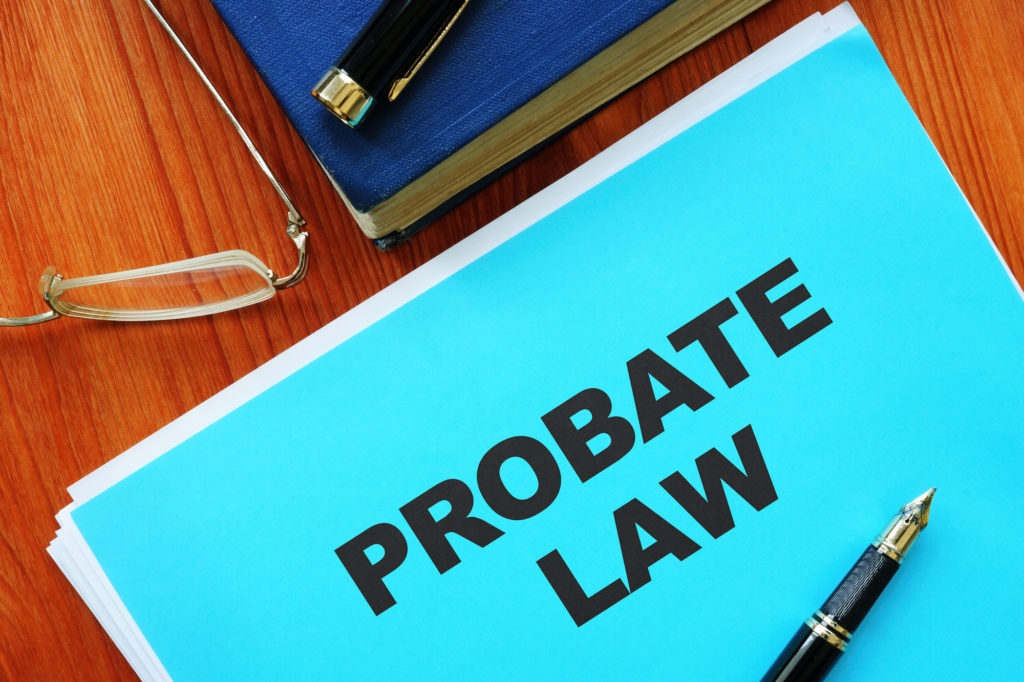
If you own property or any other asset, after you die, your family may need to visit a probate court to claim their inheritance. When properties, such as a house, car, bank account, investment account, or other asset are listed in your name, alone, you should have a will in place. But, while this is a good way to plan, a will would not eliminate the potential for probate to be filed after you pass. A lawfully-executed will serve to inform the probate court of your wishes, even if your family is forced to face the probate process to make those wishes legal. This blog examines why and how to avoid probate.

Now that you have an idea of why probate might be necessary, here are 3 key reasons why you should avoid probate at all costs:
Why avoid probate? Everything in probate court is on public record.

Almost everything that goes through the courts, including probate, is a matter of public record. This means that when your estate goes through probate, all associated family and financial information becomes accessible to anyone who looks. This doesn’t necessarily reveal account numbers and social security numbers, since the courts take steps to reduce the risk identity theft.
However, this means the value of your assets, creditor claims, identities of your beneficiaries, and even family disagreements that affect the distribution of your estate will be available, sometimes with the click of a button, now that many courts have gone digital. Most people prefer to keep this type of information private. So, the best way to ensure discreteness is to keep your estate out of probate.
Probate Costs

Thanks to court costs, attorney fees, executor fees, and other related expenses, the price tag for probate can easily reach into the thousands of dollars, even for small or “simple” estates. These costs can easily skyrocket into the tens of thousands (or more) if family members dispute or creditors file claims during the process. Money from your estate should go to your beneficiaries. But if it goes through probate, a sizeable portion could go to the courts, creditors, and legal fees, instead.
Probate Drags

The time frame for probating an estate varies widely by location and estate size. Across the board, however, probates are not brief. Even with “simple estates,” probate can take six months to a year or more. During this time, your beneficiaries may not have easy access to funds and/or assets. This delay can be especially difficult on family members going through hardships. Most would benefit from a faster, simpler process – such as the living trust administration process. Bypassing probate can significantly speed the disbursement of assets.
More Delays
Do you have assets in multiple states? If so, you must repeat the probate process in each state you hold property. This repetition could cost your family even more time and money. The good news is that proper trust-centered estate planning eliminates the need for probate. Simplify the transfer of your financial legacy, and provide lifelong asset and tax protection to your family.

About Skvarna Law in Glendora and Upland, California
A skilled attorney can assist with your estate plan. Contact us today to learn about your options (909) 608-7671. We operate offices in Glendora and Upland, California. We provide legal services for individuals living in San Bernardino, Los Angeles, Orange and Riverside Counties. This includes the cities of Upland, Ontario, Rancho Cucamonga, Fontana, Colton, Rialto, Chino, Chino Hills, Glendora, Claremont, Montclair, Pomona, La Verne, San Dimas, Azusa, Covina, West Covina, Diamond Bar, Walnut, La Puente, Corona, Norco & Mira Loma. Visit SkvarnaLaw.com to learn more.


